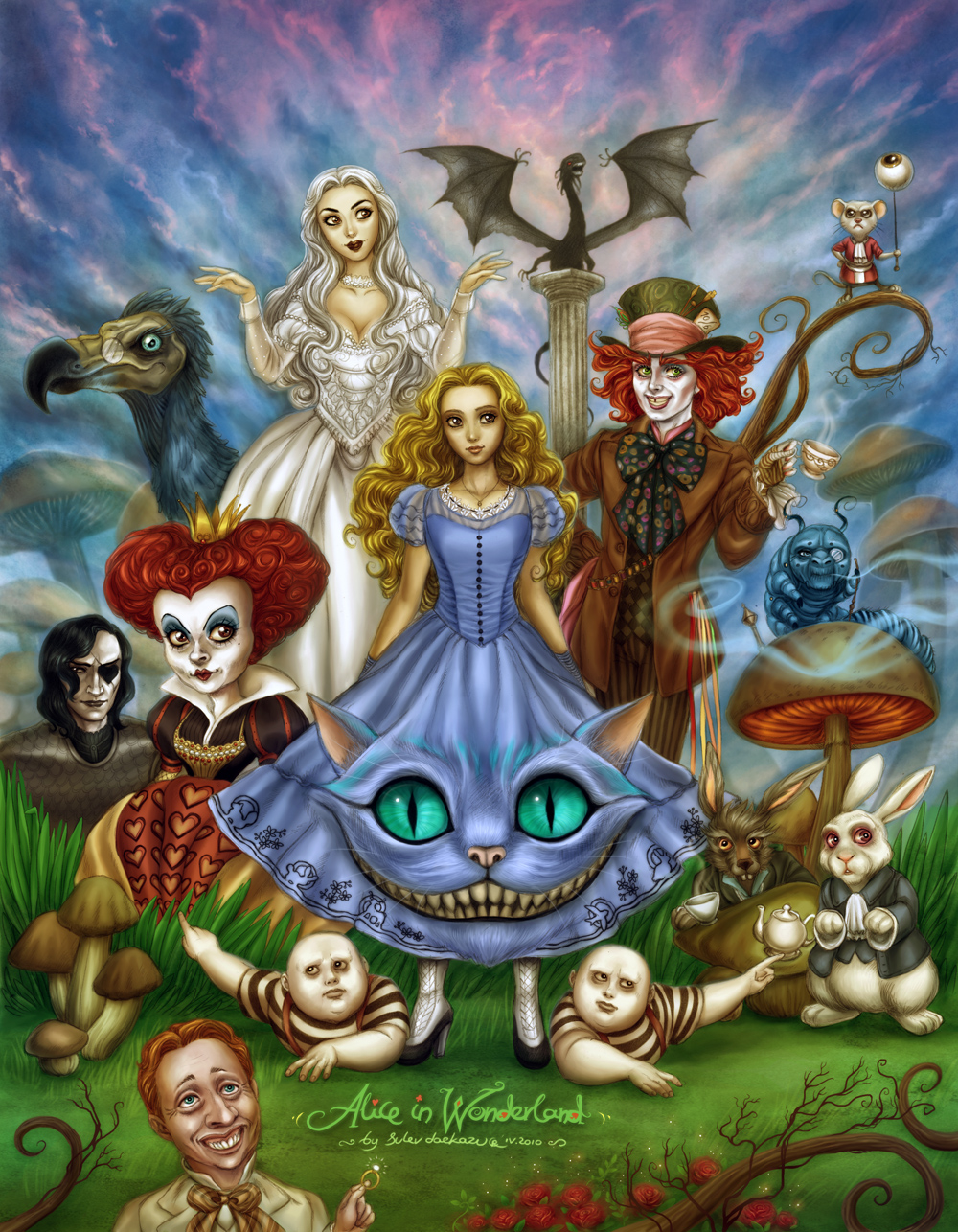Malcolm Tulip’s new production of A Midsummer Night’s Dream has taken the familiar play out of the woods and into the desert. In seeking to remove the play from its familiar fantasyland trappings while still retaining an air of mysticality and changeability, the director looked to the famous Burning Man festival instead, where people can create magical environs and fabulous new personae for themselves, and then disappear without a trace. The stage was filled not by shady trees and drooping vines but by a vast wooden semicircle, replete with ramps, climbing walls and trapdoors, and a very tall pole in the middle of the stage. This set, designed by Vincent Mountain, did not convey mystery but rather served to infuse the stage action with a sense of wild fun as actors clambered and leaped about—less forest, more jungle gym. Changes in lighting conveyed changes in scene and setting with almost subliminal deftness—kudos to lighting designer Rob Murphy. I personally have never been to Burning Man, so I cannot say how closely the proceedings on-stage resembled the actual event, but the emphasis in this production is really less on the setting and more on the individual characters.
The fairies in this show are very different from the usual cute, mischievous pixies we are accustomed to seeing in Midsummer. These fairies are, essentially, a very Burning-Man-esque combination of earthiness and weirdness. The servant fairies (Mustardseed, Peaseblossom, et al.), clad in simple black ensembles of jeans and sleeveless shirts, look for all the world like theatre techies; they make magic happen, but they’re very no-nonsense and workmanlike about it. The main fairies, Oberon, Titania, and Puck, are a somewhat stranger breed; the best way to describe their visual appearance would be if a trio of punk rockers decided to play dress-up with a combination of their parent’s clothes and Christmas-tree lights. Caitlin Chou as Oberon projected that character’s imperious majesty, using an Indiana-Jones-grade bullwhip as a symbol of power like Prospero and his staff, while Tyler Dean played Titania with an almost campy sense of regality and dignity. Oh, forgot to mention—the gender roles for many of the major characters have been switched around. This device, obvious yet imperceptible at the same time, is never confusing, highlighting the play’s themes of alterable identity. Indeed, the act of making some roles both male and female serves to emphasize the universality of these beloved characters.
The most startling characterization comes in the form of Robin Goodfellow, a.k.a. Puck: played by Derek Tran, Oberon’s right-hand sprite becomes a borderline malicious character, taking a frightening kind of delight in messing with mortals and fairies alike, not much caring what effect his actions have. Such a conceptualization is not entirely new; the fairy fun in Midsummer has always seemed rather random and bizarre, powerful creatures with ethics highly alien to human rules doing as they please with little regard to who gets caught in the crossfire. It’s just that they’ve never seemed so dangerous before. The strange otherness of these beings is underlined by the creepy sound designs of Conor Barry and Simon Alexander-Adams.
The impulsiveness of the young lovers came through with wonderful clarity in this production. Hermia and Lysander’s flight into the woods to elope, Helena’s crazy lovesick pursuit of Demetrius, and all the other painful and hilarious difficulties these characters endure resonated with the immediacy of youth. Even the magical complications that ensue once both of the men are bewitched to fall in love with Helena seemed to be less the result of fairy potions and more simple teenage caprice. Hermia and Lysander, played by Kevin Collins and Jacqueline Toboni respectively, were perfect at portraying the characters as the rebellious teenagers they are, fleeing the oppressive rules of King Theseus and Hermia’s father Egeus (the king and the father were played as stodgy sleazeballs by Drew Ariana and Emily Hanley, respectively, while Ariel Sobel gave an understatedly funny performance as a dazedly apathetic trophy-wife Queen Hippolyta). Jon Manganello’s Demetrius seemed a much more well-to-do lad than Lysander, smartly dressed, charismatic, and determined in his pursuit of Hermia, while Quinn Scillian gave a hilarious performance of Helena as a severely neurotic girl next door. Much credit must also go to Christianne Myers’ costume designs for helping to outline these characterizations before the characters even speak a word.
Madeline Sharton, Allison Brown, William Filkowski, Elizabeth Raynes, Danielle Cohn and Joseph Dunn are endearingly goony as the lowlife actors, the Rude Mechanicals. The Mechanicals in this production came off less like vainly oblivious wannabe-thespians and more like simple working folk who don’t really know what they’re doing, but want to make a good job of it anyways. Brown in particular made the absolute most of the role of Bottom—arguably Shakespeare’s most virtuosic comic creation—combining slaphappy brashness in the character’s “human” scenes, Looney-Tune wackiness in the sequence where the character is transformed into an ass, and unashamed outrageousness in the final performance-within-a-performance, which must be seen to be believed.
Although the unconventional set and hodgepodge of costumes can seem confusing at first, it quickly becomes apparent that this is an interpretation highly faithful to the spirit of this strange and wonderful work. Very soon, the thrill of watching such brilliant scenes, so rich in poetic truth and comic delight, being performed by such intelligent and insightful actors, becomes palpable. This is quite simply one of the strongest ensemble performances I have ever seen on the stage of the Power Center. Without a doubt, a must-see.
A Midsummer Night’s Dream is playing at the Power Center December 8 at 8 P.M. and December 9 at 2 P.M.




